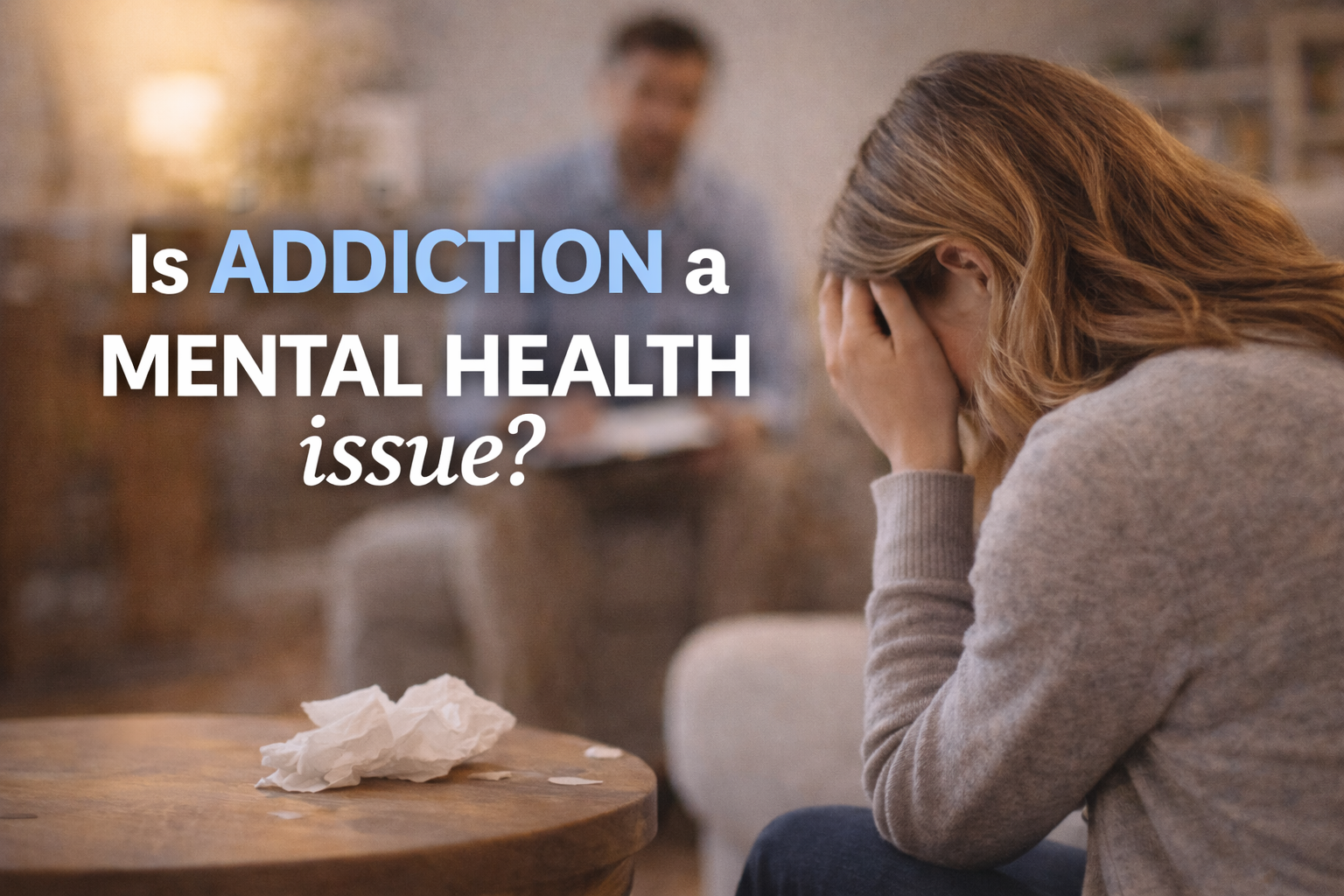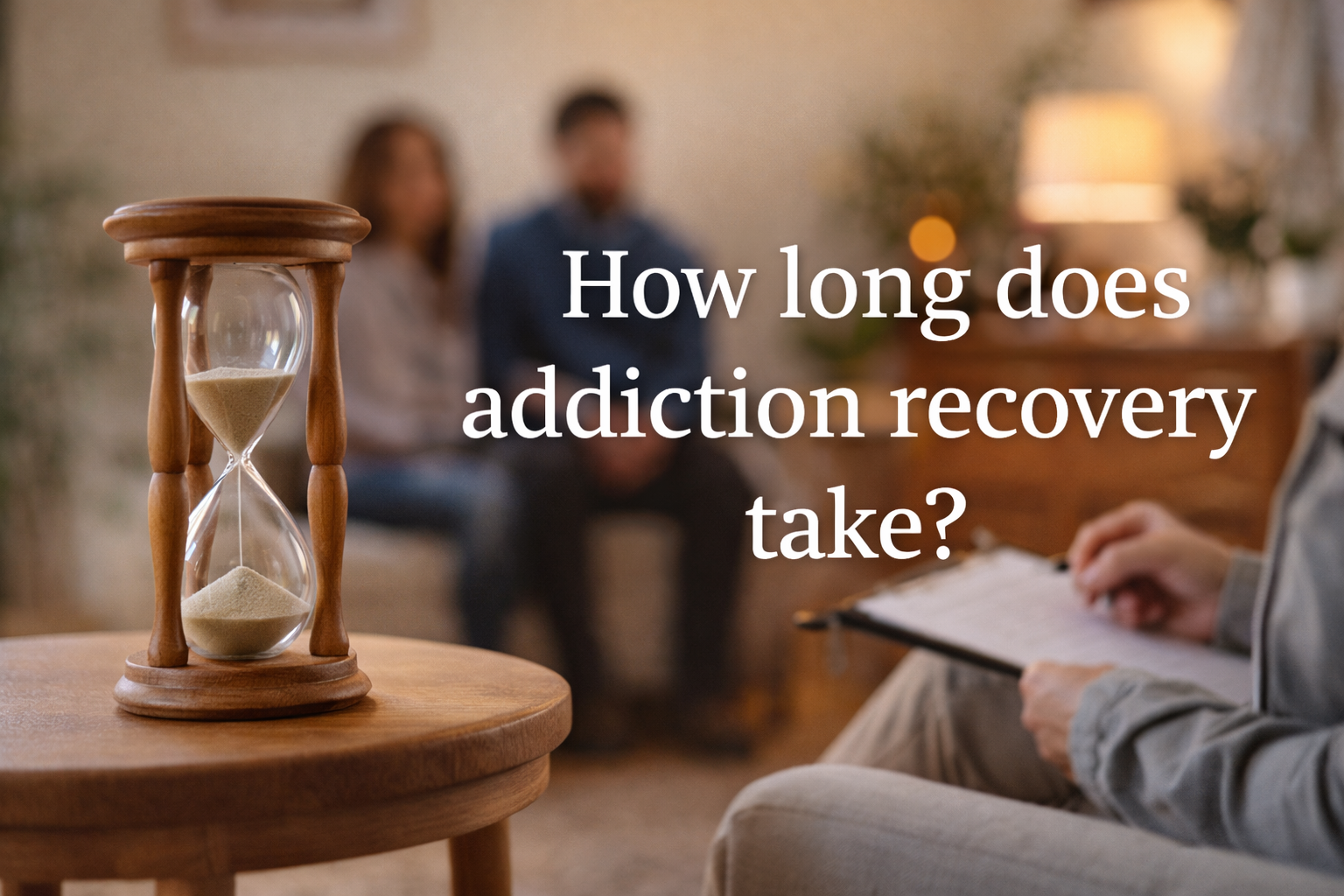What Is Social Anxiety Disorder?
Social Anxiety Disorder (SAD), also known as Social Phobia, is a mental health condition characterized by an intense and persistent fear of social situations. Individuals with social anxiety disorder often experience overwhelming anxiety and self-consciousness in everyday social interactions. They may fear being judged, criticized, or embarrassed, leading to avoidance of social situations or extreme discomfort when they cannot avoid them.
What Are The Symptoms Of Social Anxiety Disorder?
Symptoms of social anxiety disorder can manifest in various ways, including:
Physical Symptoms:
These may include blushing, sweating, trembling, rapid heartbeat, nausea, dizziness, and difficulty speaking.
Emotional Symptoms:
Individuals with social anxiety disorder often experience intense feelings of anxiety, fear, embarrassment, or shame in social situations.
Behavioral Symptoms:
Avoidance is a common behavioral symptom of social anxiety disorder. This may involve avoiding social gatherings, public speaking, or other situations where the individual fears scrutiny or judgment.
Cognitive Symptoms:
People with social anxiety disorder often have negative thought patterns, such as anticipating the worst possible outcomes in social situations, catastrophizing, or having irrational beliefs about themselves and others.
What Causes SAD?
Symptoms of Social Anxiety Disorder (SAD) can manifest at various points in a person's life, but they often become noticeable during adolescence or early adulthood. Here are some key points about the factors that might cause SAD:
Adolescence:
Social anxiety disorder often emerges during adolescence, typically between the ages of 13 and 18. This period is characterized by significant social and developmental changes, such as increased peer interactions, social pressures, and self-awareness. These changes can trigger or exacerbate symptoms of social anxiety disorder.
Early Adulthood:
Symptoms of social anxiety disorder may also become more pronounced during early adulthood, as individuals navigate new social environments such as college, work, or romantic relationships. The pressures of adulthood and the need to establish oneself socially and professionally can intensify feelings of anxiety and self-consciousness.
Traumatic Events or Stressful Situations:
Traumatic events or stressful life situations, such as bullying, rejection, public humiliation, or a history of negative social experiences, can contribute to the development or worsening of social anxiety disorder symptoms at any age.
Major Life Transitions:
Major life transitions, such as moving to a new city, starting a new job, or experiencing a significant loss, can trigger or exacerbate symptoms of social anxiety disorder as individuals adjust to new social environments and expectations.
Genetic Predisposition:
Some individuals may have a genetic predisposition to social anxiety disorder, meaning they are more likely to develop the condition if they have a family history of anxiety disorders or related mental health conditions.
What Are The Side Effects of SAD And Its Relation With Addiction?
Social Anxiety Disorder (SAD) can indirectly contribute to addiction through various pathways, although it's important to note that SAD itself is not a direct cause of addiction. Here are some ways in which SAD and addiction may be related, along with potential side effects:
Using Substances to Cope:
People with SAD may turn to drugs or alcohol as a way to cope with their anxiety symptoms. These substances might temporarily relieve their anxiety, but they can lead to dependence and addiction over time.
Escaping Social Anxiety:
Addiction can become a means of escaping from the distressing symptoms of SAD. Individuals may use drugs or alcohol to numb themselves to social situations that provoke anxiety.
Impaired Decision-Making:
Chronic substance use can impair judgment and decision-making abilities, making it difficult for individuals with SAD to seek help or engage in healthy coping strategies. This can perpetuate both the social anxiety and the addiction.
Increased Isolation:
Addiction often leads to social withdrawal as individuals prioritize substance use over social interactions. This isolation can exacerbate feelings of loneliness and worsen symptoms of social anxiety.
Negative Impact on Mental Health:
Substance abuse can exacerbate symptoms of anxiety and depression, which commonly coexist with SAD. The combination of addiction and SAD can create a cycle of worsening mental health.




.jpg)



